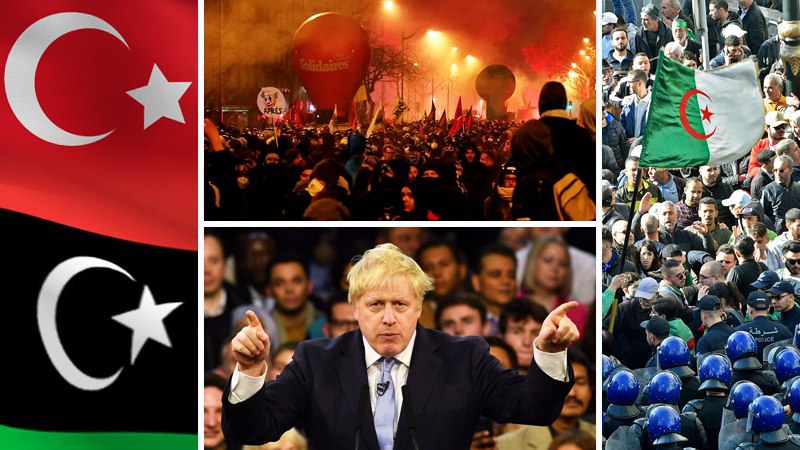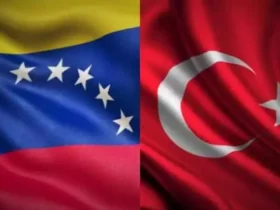Turkey – Libya
On December 12, Marshal Khalifa Haftar, an Egyptian and Emarati-backed marshal and the head of the East Libyan authority, announced the beginning of a decisive battle and his plans to advancement against Tripoli. Libyan media have reported fighting between Haftar and TNC forces on several fronts as Haftar’s forces approach the Libyan capital.
Libya currently has two parallel executive institutes: the internationally recognized National Accord Government of Faiz al-Saraj and the interim cabinet of Abdullah Abdulrahman al-Thani, which operates in the east with Parliament and is supported by the Libyan National Army Field Marshal Khalifa Haftar. On 12 December, Haftar launched a decisive offensive in Tripoli to dismantle the terrorist groups entrenched there.
More on the situation in the Turkish context – in our article
Johnson’s victory
The conservative party won the House of Commons in the early elections in the UK with 80 seats over all other parties for the first time since 1987 when Margaret Thatcher came to power. This will enable Prime Minister Boris Johnson to fulfil his promise to complete Brexit and withdraw the country from the European Union by 31 January 2020. The withdrawal date, which was originally set on March 29, 2019, has already been postponed three times.
Pension protests in France
А general strike against pension reform continues in France.
On 11 December, it was not President Macron, but Prime Minister Edouard Philippe, who officially presented the main provisions of the reform in a live broadcast.
The details are in our article –
Disturbing elections in Algeria
Former Algerian Prime Minister Abdelmadjid Tebboune won the first round of presidential elections held on 12 December. The politician secured the support of 58% of those who voted. As a result, a second round of elections will not be necessary. Tabboune was a member of the Government under former Head of State Abdelaziz Bouteflika, where he served as Minister of Culture and headed the Ministry of Urban Development.
During the electoral campaign, Tabboune promised to amend the Constitution and the electoral law to create a vibrant and free civil society. The politician referred to himself as a victim of the Bouteflika regime.
The elections in Algeria were held against the backdrop of mass unrest. The opposition claimed that all presidential candidates were “heirs” to Bouteflika and therefore no significant changes in the country should be expected.
















Leave a Reply